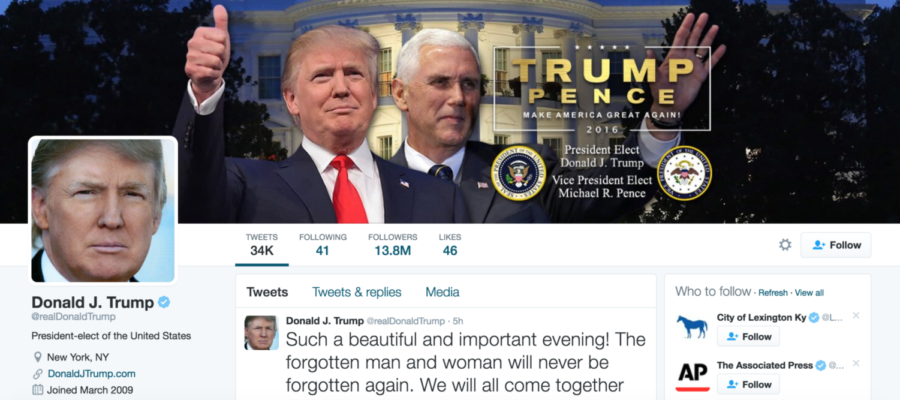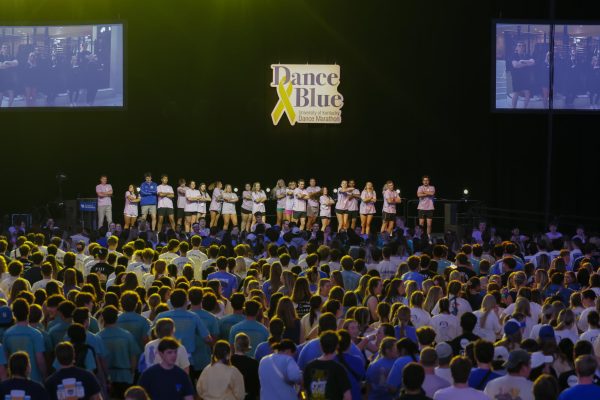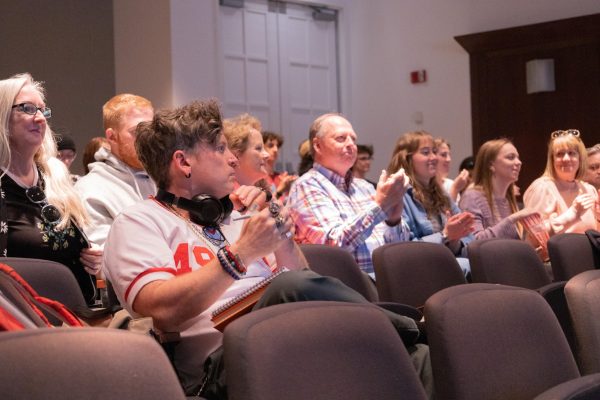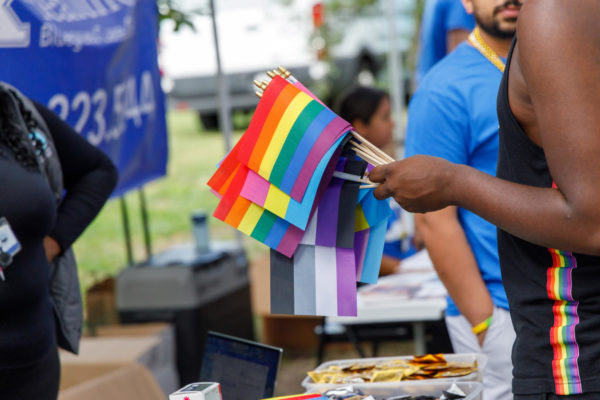Social media in the election, news cycle
November 9, 2016
The era of social media took off when Mark Zuckerberg launched Facebook in February of 2004.
Since then, 1.59 billion people use Facebook, 400 million people use Instagram and 320 million people use Twitter, according to AdWeek.
Social media worked its way into the political sphere during Barack Obama’s 2008 presidential campaign.
The New York Times credited the internet with his nomination from the Democratic party that year.
Political consultant Joe Trippi told the Times Obama used the internet to do the same amount of work that an army of volunteers and paid organizers would have had to do in the past.
Social media has played a similar role in the 2016 presidential election.
Donald Trump has amassed 13.1 million Twitter followers and Hillary Clinton has 10.3 million Twitter followers. Countless heated Twitter exchanges have happened between both campaigns.
UK associate professor of political science Stephen Voss said social media has not had much impact on elections as far as outcomes, but rather how fast voters get information.
Related: Polls defied, campus divided in Trump victory
Voss said a lot of people rely on the free content and information they receive from social media.
The biggest impact social media has had is on the news media, Voss said. He said the news cycle has sped up and newspapers have been “decimated” by social media and free content.
“I think the major effect that social media has had is it took away from some of the established institutions, the old press corps and the political parties,” he said. “It took away from them the influence they used to have in terms of filtering information based on its credibility.”
Voss said negative and attacking social media posts are more likely to be shared on social media. He pointed out when Fox News falsely reported Hillary Clinton would be indicted after the FBI re-opened the investigation on her emails. The false information got shared hundreds of thousands of times and when Fox retracted it, the correction was only seen by a few thousand.
Related: Clinton fails to make history, loses race
Social media has real bias toward irresponsible and “flat out” inaccurate claims and statements, Voss said.
“Whether that is ultimately going to change how people vote, no, it looks like not, but it has made the campaigns very negative, very focused on trivial details and debates,” Voss said. “It’s had an unhealthy effect on the process, even if it is not going to have much effect on outcomes.”























































































































































